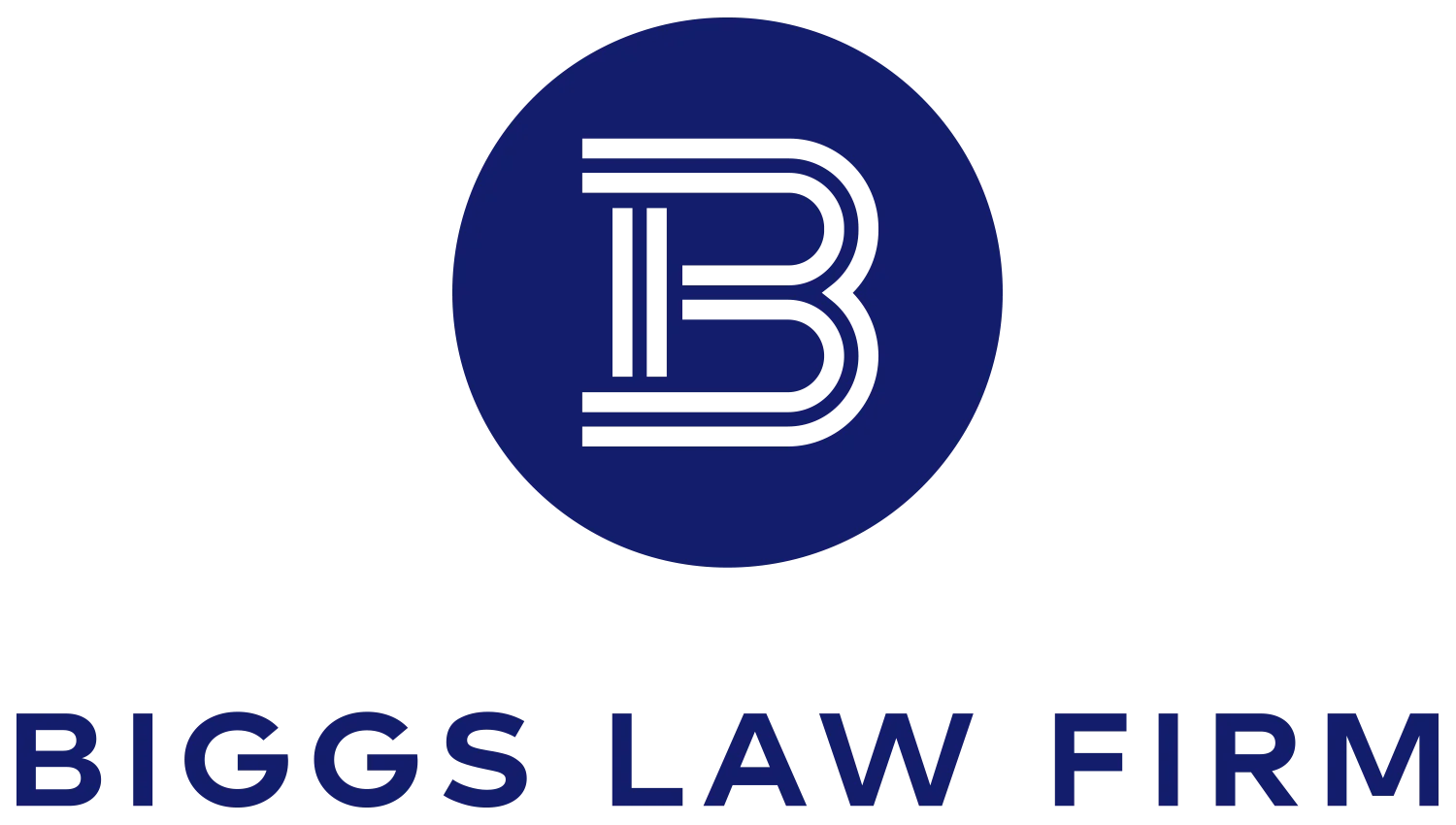Can I Still Farm If My Family Farm Files for Bankruptcy?
Filing for bankruptcy is a reality for many farmers in these uncertain financial times, but the process raises many questions.
Will you lose the farm? Can you keep your animals and equipment? What happens to your business after you file for debt relief?
Bankruptcy comes in many forms and agreement structures, all with varying policies. Let’s review how bankruptcy can work for your family farm so you can enter your agreement with a heightened sense of understanding and confidence.
What Will Happen to the Farm After Filing Bankruptcy?
What happens to your family farm after filing bankruptcy depends on the type of debt relief you file for. Some types of bankruptcy, such as Chapter 7, may require the liquidation of assets, meaning you could lose your farm. You can also choose repayment plan bankruptcy options to help you enjoy family farm protection while still gaining debt relief.
Here are the common types of bankruptcy chapters for farmers:
Chapter 12 Bankruptcy Policies
Chapter 12 bankruptcy is not one of the better-known options. It was specifically designed for family farmers and fishermen whose annual income comes from their operations. Congress only recently added Chapter 12 to the federal Bankruptcy Code in 1986 to give farmers a better opportunity to keep their farms and livestock when filing for bankruptcy.
To qualify for Chapter 12 bankruptcy, you must meet the following criteria:
- You must be actively engaged in farming operations.
- Your farm’s debts cannot exceed $4,153,150.
- A minimum of 50% of your total debts (not including mortgages) must be related to the farm.
- Over 50% of your total gross income (including you and your spouse) must come from the farm.
Chapter 12 bankruptcy comes with automatic stay policies, which you can use to adjust your total debt payoff requirements. Like Chapter 13, if you qualify, you can make a repayment plan over a few years to have your remaining debts discharged upon completing your requirements. Chapter 12 bankruptcy automatically prevents claims and repossessions of your assets while including farmer exemptions.
If you want to save your family farm but cannot fulfill all payments to secured and unsecured creditors, Chapter 12 bankruptcy can be a good idea. You should consult a financial advisor or bankruptcy attorney for further advice on your particular situation.
Chapter 13 Bankruptcy Policies
If you do not qualify for Chapter 12 or decide it’s not the right route, you still have other options. Chapter 13 bankruptcy works quite similarly to Chapter 12, allowing you to restructure your debts with a new payment plan that will typically protect some but not all assets.
With Chapter 13 bankruptcy, you still must pay off all secured debts in full, including mortgages or other loans you used collateral to acquire. You can negotiate down your unsecured debts, like credit card payments, to reduce your obligations.
Chapter 13 bankruptcy typically works well for simpler personal debt cases, so it may not be a great choice for complicated business debt relating to your farm. Still, you can mention this idea to your bankruptcy attorney when discussing options.
Chapter 7 Bankruptcy Policies
With Chapter 7 bankruptcy, an appointed trustee sells your assets to settle your debts. With this option, you likely will not be able to farm after filing bankruptcy because many of your business assets, including equipment, property, or animals, may be sold.
If you cannot qualify for Chapter 12 bankruptcy and your case is too complicated for Chapter 13, you may still need to choose Chapter 7 to resolve your debts. A financial advisor or bankruptcy attorney can help you weigh whether this will benefit your family in the long run.
Can You Keep Farming After Bankruptcy? The Bottom Line
Whether or not you can continue farming after bankruptcy boils down to the chapter you file. If you file Chapter 12 or 13, you may be able to keep your family farm and continue operations. If your goal is to rebuild your business and move forward after filing bankruptcy, we recommend working with a legal advisor to ensure you structure your bankruptcy plan correctly.
Do You Need Help Navigating Your Options? Speak With a Bankruptcy Attorney Today
As a family farm owner, navigating the bankruptcy process can be overwhelmingly complex and stressful. At Biggs Law Firm, we’re here to walk you through each step. Call Biggs Law Firm today at 919-375-8040 to schedule a consultation with an experienced bankruptcy attorney who understands your position.
Start The Process Today
Schedule your consultation with one of our experienced attorneys.
